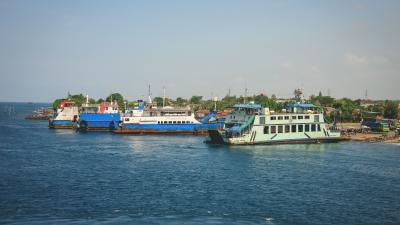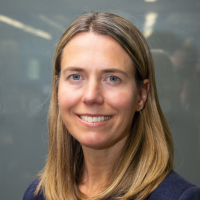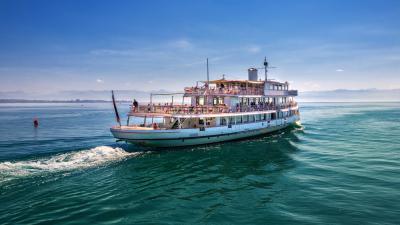Every year, hundreds of lives are lost due to domestic ferry accidents which might have been prevented, at least, partly, in a more safety-focused area of trade. With 95% of ferry-related casualties occurring on domestic voyages, safety, regulation, and training is not optional - it's vital.
Funded by Lloyd's Register Foundation, the International Maritime Organization (IMO), in partnership with the International Maritime Law Institute (IMLI) and World Maritime University (WMU), is carrying out a programme of work designed to make long-term improvements in domestic ferry safety, especially in high-risk Asian and African countries.
Taking IMO's model regulations for domestic ferry safety as a starting point, the programme will deliver consultations, increased awareness, understanding and buy-in with the regulations, and support with adoption, implementation, and enforcement (especially legal and technical support), including support for safety improvements via non-regulatory routes.




